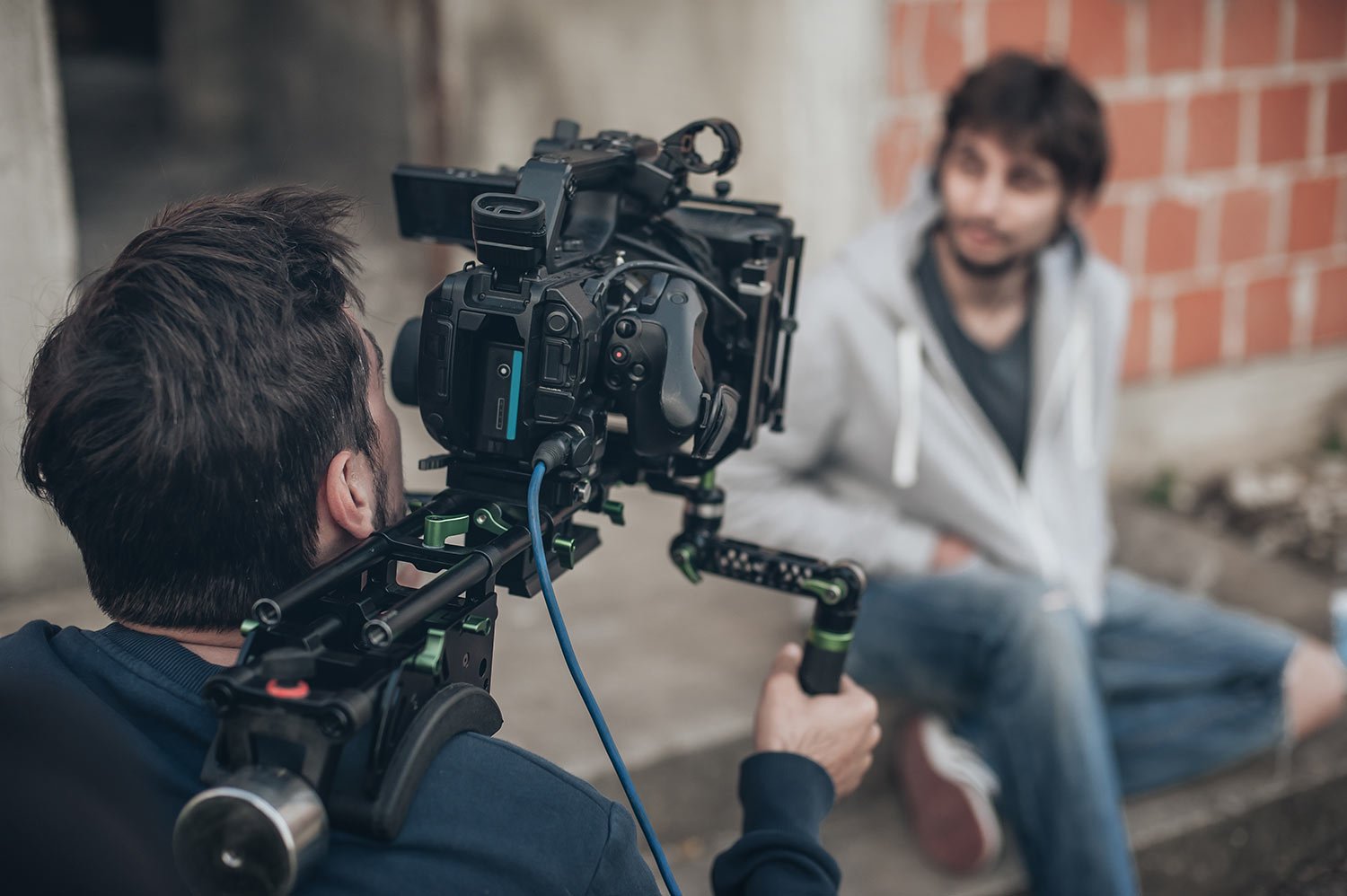AI in Movie Production: Transforming Creativity and Efficiency
Artificial Intelligence (AI) has woven its way into the fabric of the filmmaking industry, revolutionizing how movies are created, produced, and experienced. From pre-production to post-production, AI technologies are enhancing creativity, streamlining processes, and opening up new possibilities. Let’s explore the impact of AI on movie production, its applications, and the ethical considerations surrounding its use.
1. Scriptwriting and Ideation
- AI-generated Scripts: In 2016, the experimental short film “Sunspring” showcased an AI-written script. The film, directed by Oscar Sharp, was penned by an AI program called Benjamin. Although the script was surreal and incoherent, it marked an early attempt at harnessing AI’s creative potential in scriptwriting.
- Fresh Perspectives: AI algorithms analyze existing films and literary works to generate scripts, storylines, and plot suggestions. By dissecting character arcs, dialogue structures, and narrative tropes, AI inspires filmmakers with innovative ideas.
2. Pre-Production Efficiency
- Automated Scheduling: AI-driven pre-production platforms streamline collaboration among team members. Filmmakers manage script breakdowns, shooting schedules, budgeting, and team coordination within a single platform.
- Location Scouting: AI assists in finding optimal filming locations based on storyline requirements, saving time and resources.
3. During Filming
- AI-Powered Cinematography: AI camera systems adjust focus, exposure, and framing automatically. Parameters set beforehand ensure smoother shooting experiences.
- Deepfake Technology: AI can swap actors’ faces convincingly, allowing for seamless impersonations or transformations.
4. Film Editing and Post-Production
- Visual Effects (VFX): AI enhances CGI and visual effects, creating seemingly impossible scenes. It automates complex tasks, such as rotoscoping and compositing.
- Color Grading: AI algorithms analyze existing films to replicate specific color palettes or moods.
- Music Composition: AI-generated music complements film scores, providing original compositions.
5. Audience Insights and Marketing
- Predicting Success: AI analyzes audience demographics, preferences, and historical data to predict a film’s potential success.
- Personalized Marketing: AI tailors promotional campaigns based on individual viewer preferences, optimizing reach and engagement.
Ethical Considerations
- Job Displacement: Concerns arise about replacing unionized artists with cheap AI. Balancing cost savings with creative integrity is crucial.
- Lack of Human Touch: AI lacks nuanced understanding of human emotions, limiting its ability to replace actors or screenwriters entirely.
The Future of AI in Filmmaking
- Sophisticated Applications: AI holds promise for more creative and sophisticated applications, pushing boundaries in storytelling.
- Collaboration: Filmmakers will continue to collaborate with AI, leveraging its strengths while preserving the essence of human creativity.
In this ever-evolving landscape, AI is both a tool and a canvas—a force that empowers filmmakers to dream bigger and create beyond imagination. Lights, camera, AI! 🎬🌟

Leave a Reply